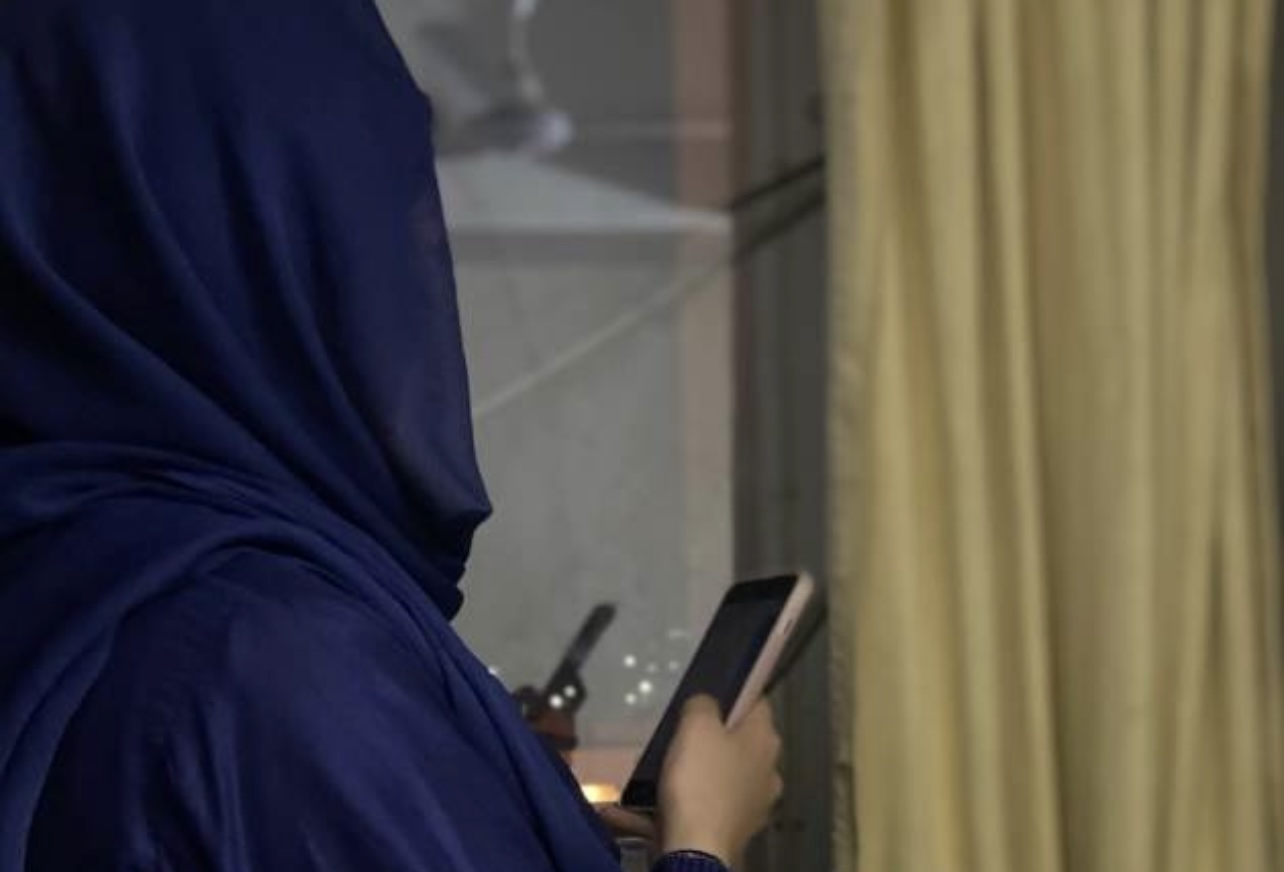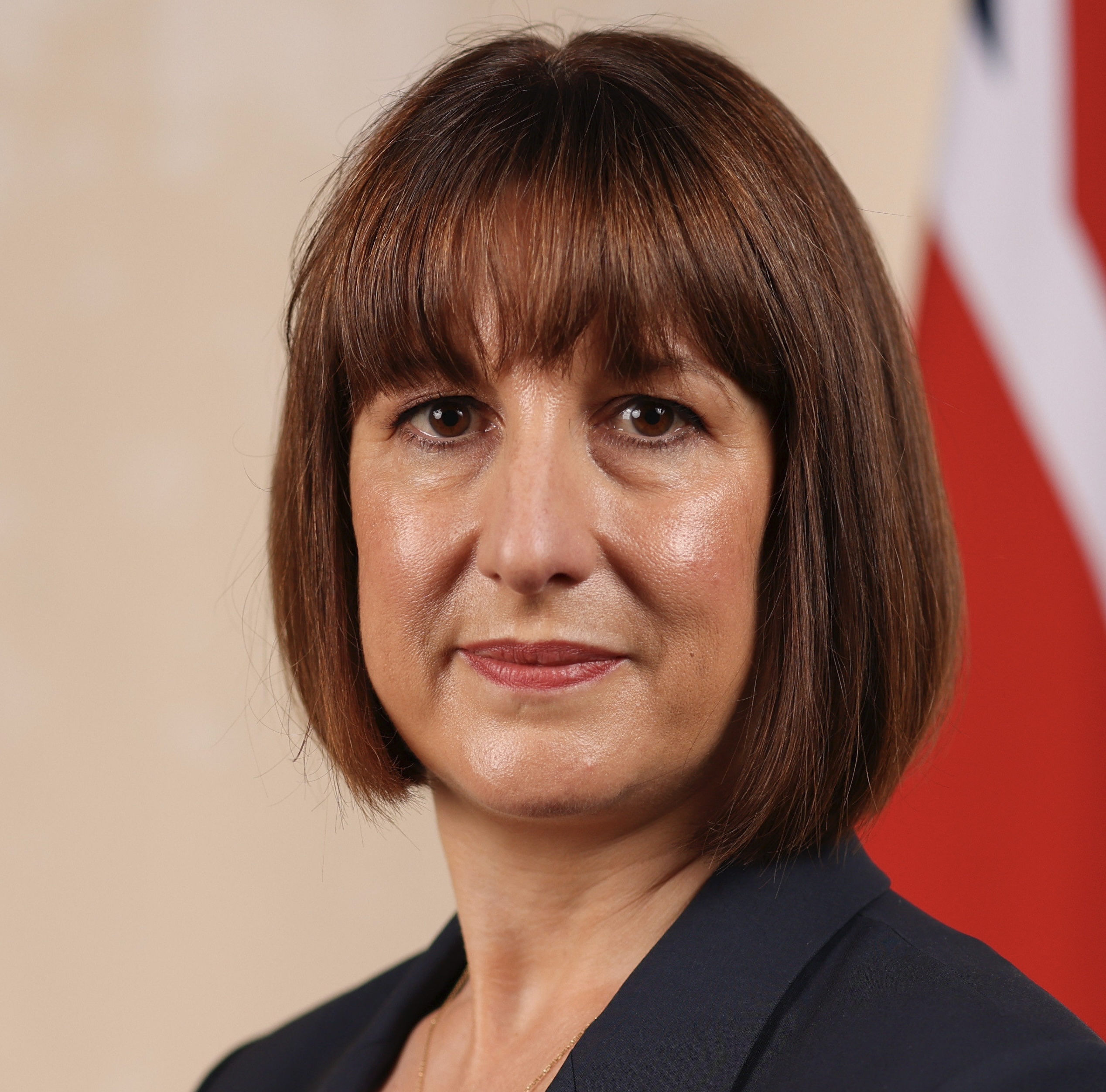Afghan users and monitoring organisations say major social media platforms have been restricted across much of Afghanistan after a nationwide telecoms blackout last week, and Taliban government sources told BBC Afghan that filters have been applied to limit certain types of content.
Internet watchdog NetBlocks reported metrics showing Instagram, Facebook and Snapchat were “intentionally restricted” on multiple providers, and users inside Afghanistan told local broadcasters they could only reach the platforms by using VPNs or other filter-breaking tools. The restrictions were first widely noticed on the evening of October 7 and continued into October 8–9.
A source at the Taliban Ministry of Communications and Information Technology told BBC Afghan that “some sort of controls have been applied to restrict certain types of content on platforms such as Facebook, Instagram and X,” and said the filtering was now “almost applied for the whole country” though the source expressed hope there would not be a full internet ban. Local reporting and Afghan social-media accounts say the disruption has been most acute on mobile networks while some fixed-line connections have remained partially usable.
NetBlocks and multiple news outlets linked the new restrictions to a two-day telecoms blackout enacted days earlier, when fibre-optic links and mobile services were cut in several provinces in a move the Taliban described as targeting “vice.” Observers and rights groups warn the measures deepen controls on information and further isolate women and activists who have relied on online connections for education and organising.
The move follows previous platform bans under Taliban rule (TikTok was banned in 2022) and comes amid growing international concern about the regime’s restrictions on women’s rights and civic space. Global monitors and human-rights groups have called on the authorities to restore unrestricted internet access, saying that outages and targeted filtering threaten basic services, education and free expression across the country.
Afghan users in Kabul, Mazar-i-Sharif, Herat and other provinces reported slow or blocked access to Instagram, Facebook, X and Snapchat and said they were forced to use VPNs to connect. Some said the restrictions appeared to affect mobile data providers more severely than home broadband. Local news sites and international outlets have published a mix of eyewitness accounts and technical confirmations from monitoring groups.
Digital-rights groups say the restrictions come at a critical moment for Afghans who depend on the internet for education, banking, health information and human-rights reporting. Analysts warn that sustained filtering or periodic blackouts can have long-term economic and social costs, and that the opacity of the decisions with filters applied but no clear public legal justification or transparent process — raises additional concerns about accountability.
As of the latest reports on October 8–9, 2025, international monitors had documented intentional restrictions on several social networks and Taliban sources had acknowledged filtering measures; there was no indication at the time of a permanent country-wide ban on the entire internet, though rights groups say the pattern of shutdowns and filters is worsening. Journalists and rights monitors are continuing to track accessibility and any official guidance from the Taliban’s communications ministry.



